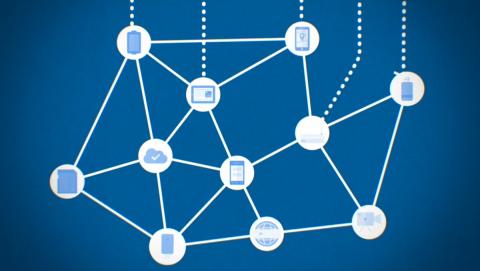
In our website buscarcole.com we use various parameters to define the schools that we include in our search engine. We explain some of the concepts that you will find in it.
We start with the grade levels which are the following:
Pre-K: from 0 to 3 years old; or first cycle of early childhood education.
Elementary School: from 3 to 6 years old. The first cycle goes from 0 to 3 years old and the second cycle goes from 3 to 6 years old. It is the pre-compulsory education.
Middle School: from 6 to 12 years old. High School: from 12 to 16 years old.
College: from 16 to 18 years old.
Staff with few changes: the stability of the teaching staff allows for more indepht work on the educational projects and programs of the centers. That is why it is recommended that the faculty does not have too many changes of professionals throughout the academy.
Child reception hours: this is a concept interpreted differently by educational centers that, in any case, explain what their reception plan consists of in the teaching plan. Most of the times, the fact that a center has a welcome plan means that it allows the entrance of the children before the school hour, which is very useful for the families, especially in the infantile and primary education. It can also mean that the center has a specific plan to welcome students enrolled for the first time, whether they come from immigration or not.
Emotional intelligence: it is a construct that includes the integral formation of the person, understanding that there are diverse types of intelligence, all equally valuable. The centers that take it into account base their teaching and learning process on it.
International College: The International Baccalaureate (IB) is a specific curriculum pathway determined by the International Baccalaureate Organization (IBO). There are two demanding courses, taught in three languages: English, French and Spanish.
Pedagogical innovation: a center that participates in some program of pedagogical innovation works for the educational improvement, always relating it to the evolution of our society. Pedagogical innovation programs are initiatives of one or more educational centers that aim to stimulate the learning capacity, skills and personal potential of all students, as well as to achieve educational success for all of them.
Work by Projects: is a methodology based on offering channels that can help children and young people to think for themselves, to investigate, to learn from their mistakes and successes and, in this way, to learn to be critical. These projects have application in the real world, beyond the classroom, and involve working in an interdisciplinary and globalized way to promote competent learning of students. The starting point is a concrete idea, which has to be studied, worked and developed together.
Active participation of parents: many centers give relevance to the involvement of families in the educational plan or curriculum, which goes much further than the participation in the AMPA (Association of Mothers and Fathers of Students) of educational centers. The fact that parents are actively involved in school life means that they participate in extracurricular activities, in workshops organized outside academic hours, in the management of the library or in the organization of some relevant celebrations, such as book day or carnival.
Learning communities: they aim to socially and culturally transform an educational center and its environment through the use of ICT, dialogical learning and the participation of the entire educational community, which includes family members, teachers, students, volunteers, etc.
If you are interested in language learning in the Basque Country and Navarra, you will find information in this link.
And if you want to enroll your children in a school with a British or American curriculum, here you have the equivalences with the Spanish curriculum.